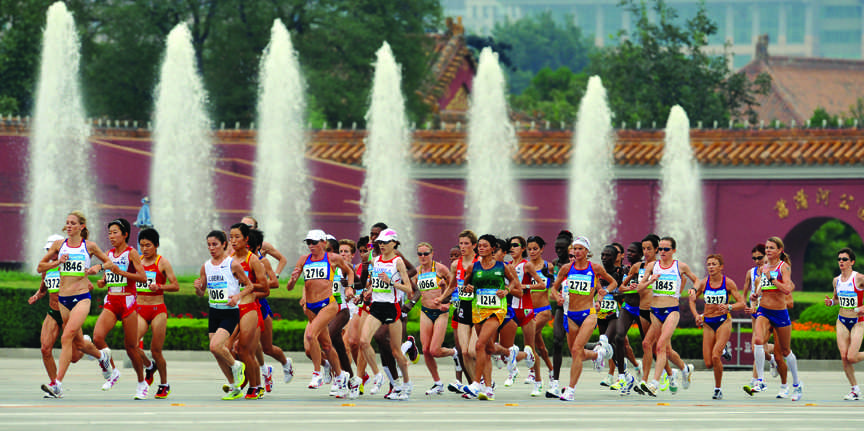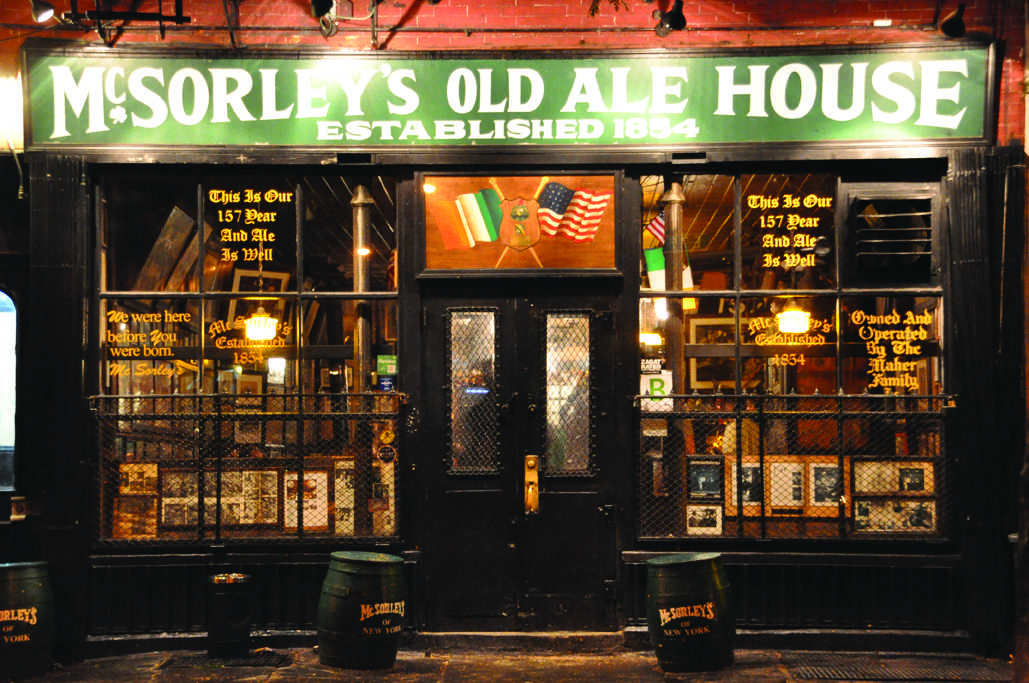The Fight for Women’s Equality Spans Beyond a Single Day
August 25, 2011

Women’s Equality Day is Aug. 26. It memorializes the certification of the 19th Amendment of the Constitution, granting women the right to vote. The battle for women’s equality extends far beyond suffrage, however, and New York City has seen its share of events highlighting the fight for fairness. Here are a few ways to celebrate the struggle for women’s rights while you wait for voting day.
Have a Drink at McSorley’s Old Ale House
This bar is one of New York City’s oldest, not to mention one of its most famous. Although McSorley’s recently made headlines in 2010, when a patron sued the owner because the bar cat allegedly attacked her, the bar is better known for refusing to serve women for over 100 years. In 1969, the National Organization for Women sued the tavern for discrimination, and in 1970, McSorley’s opened its doors to women. The complete story can be found on one of the walls, preserved on an old copy of the Daily News. By the way, a separate women’s bathroom didn’t come along until 1986!

Run the New York Marathon
The New York Marathon doesn’t take place until Nov. 6, but it’s probably a good idea to start stretching now. The normal entrance application deadline already passed, but it’s still possible to enter the race through one of many charity groups involved. But how is the marathon relevant to women’s equality? According to the author of “Olympic Marathon,” Charlie Lovett, Grete Waitz’s record-breaking time in the 1979 New York Marathon prompted an editorial in the New York Times that “called for the creation of an Olympic Marathon for women.” Up until 1981, there was no women’s race, but Waitz’s achievement lent credibility to the argument that marathons were not too strenuous (or unpopular) to become a female Olympic event.
Go Topless in Public
In 1992, seven women were arrested for being naked and going inside a park in Rochester. In the case People v. Ramona Santorelli and Mary Lou Schloss, women in New York State won the right to go topless wherever men could. The law banning bare chests was criticized for being sexually discriminatory, by defining women’s breasts as sexual, but not men’s. Although private (no pun intended) places (such as restaurants) reserve the right to require clothing, the sidewalks and subways are fair game.
Support the Paycheck Fairness Act
Finally, let’s get down to the nitty gritty. According to the United States Department of Labor, in 2010, “women earned 81 percent of the median weekly earnings of their male counterparts.” Although that number incorporates a wide range of factors, the fact of the matter is that women still are not receiving equal pay for equal work. The Paycheck Fairness Act seeks to hold employers accountable for violating wage regulations, as well as to provide employers with the resources they need to make sure they are being fair. Through the American Civil Liberties Union Website, www.aclu.org, individuals can ask their representatives to support the pending bill.









